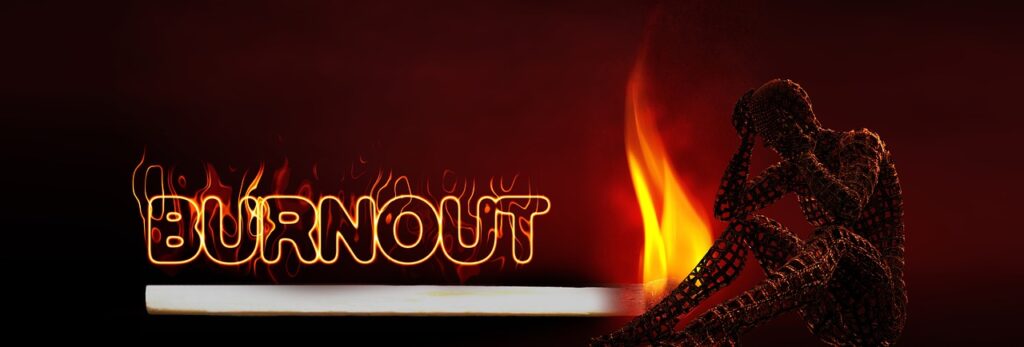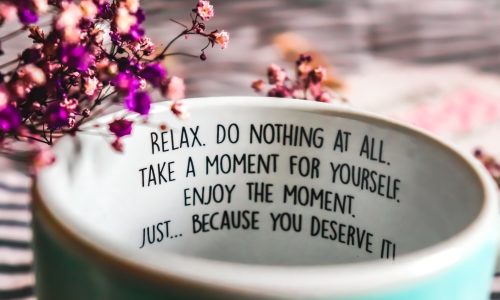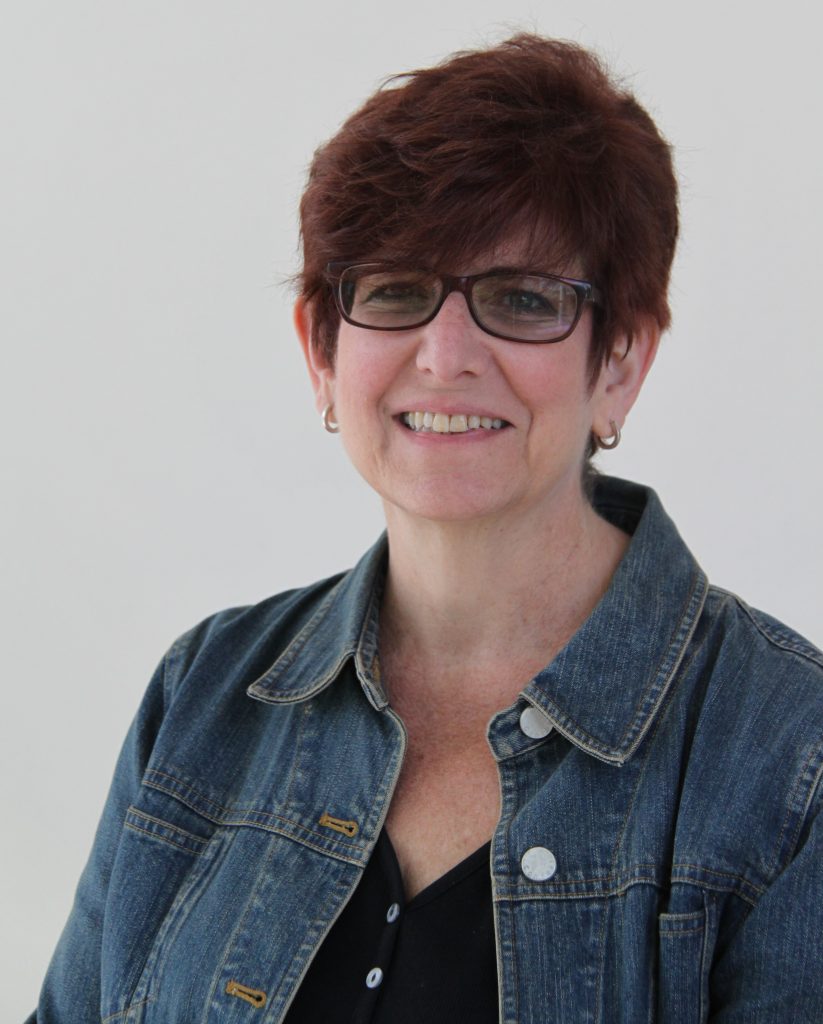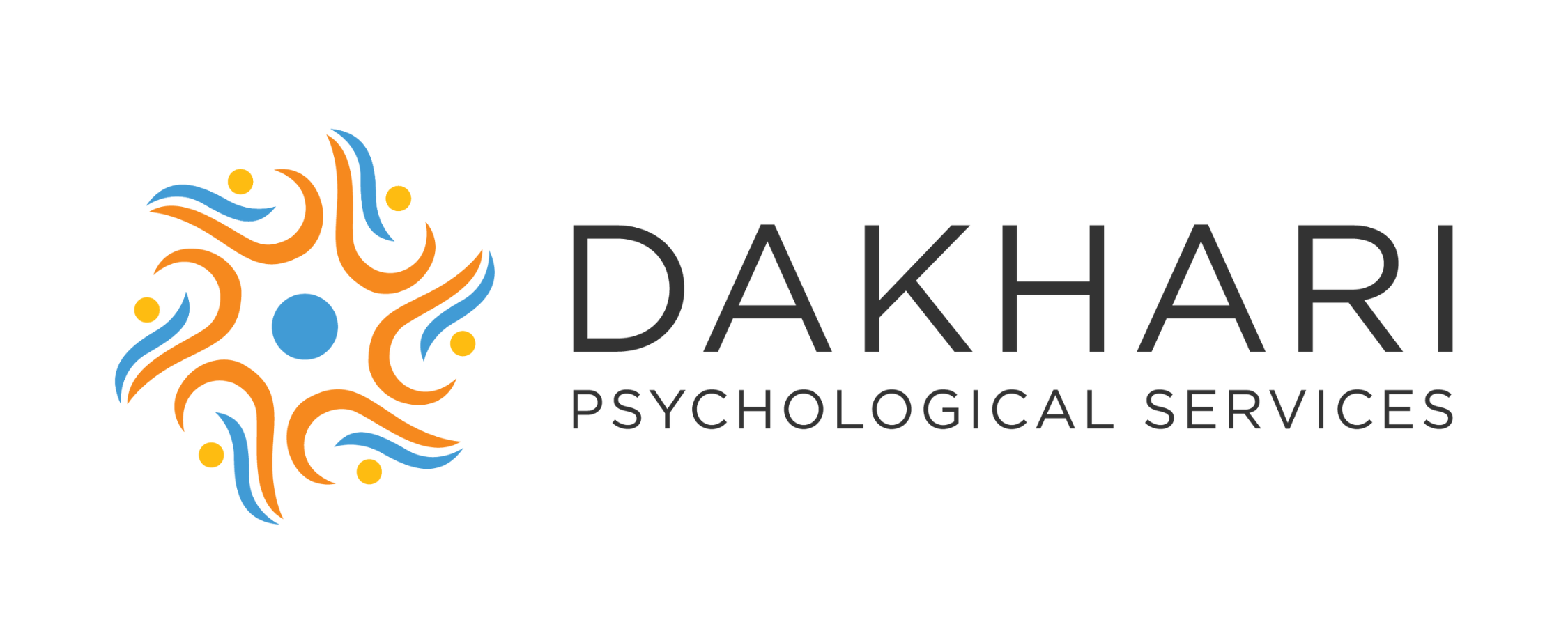Self-care has become equated with mani-pedis and taking bubble baths surrounded by candles. While these experiences can certainly be part of a self-care plan, it is so much more. Another criticism of self-care is that it doesn’t do anything to change the system creating the need for self-care. While this may be true, without caring for yourself it will not be as likely to be able to continue to work toward systemic change.
Let’s look at the different realms of self-care to appreciate the breadth of the practice. We can look at self-care in the physical, emotional, psychological, mental, and professional realms.
- Examples of physical self-care include eating regularly and healthfully, exercising, and resting when ill.
- Examples of emotional self-care include spending time with preferred individuals, revisiting favorite books, movies, or other media, allowing yourself to cry and finding things that will make you smile.
- Psychological self-care can include journaling, engaging mindfully in activities, and engaging in psychotherapy. Reflecting, spending time in nature, allowing for experiences of awe, and engaging in religious practices and traditions are ways to engage in spiritual self-care.
- At work it can look like taking breaks, socializing with coworkers and giving each other support, setting limits on time and workload. Also included is establishing a balance between work, hobbies and leisure activities, advocacy, family, and rest.
“Self-care is not self-indulgence, it is self-preservation.”
— Audre Lorde
Engaging in these realms of self-care will not look the same for everyone. You will not have the autonomy and flexibility to set your own schedule. You may be working multiple jobs with little down time. You may live in a food desert or not have adequate time to shop and prepare meals, making eating healthfully difficult. There is no doubt that there are systemic issues that need to change, issues that result in primary and secondary trauma. These are beyond the scope of this blog post, but I did not want this post to appear dismissive of that.
To be able to continue to work toward effective systemic change, one must take care of oneself. There is a “culture of martyrdom” in our society. It can be considered a badge of honor to work 80 or more hours per week. Putting aside personal needs for employment or advocacy needs are often reinforced. This culture leads to burn out and/or compassion fatigue, which can in turn lead to multiple undesirable symptoms including stress, exhaustion, health problems, social isolation, and substance use/misuse. This “culture of martyrdom” needs to change. There are some easily accessed articles cited below that support the need for and the efficacy of self-care while also emphasizing the need for systemic change in the realms of racial justice, environmental stewardship, and animal rights and welfare.

I had discussions regarding the need for protections against burnout, compassion fatigue and moral injury among activists with Alaina Sigler, who recently completed a certificate program in Animals and Human Health and is also studying to become an animal chaplain.(Animal chaplains provide support for both animals and humans by using ritual, ceremony, and the tools of spiritual companionship). She noted that “Liberation driven activists need support to develop their inner selves to help prevent burnout and compassion fatigue. As an animal chaplain…I hope it to support spiritual and emotional selves (regardless of species) through ritual, interspecies spiritual practices, and companioning.” An example of such an experience can be found at https://thenightskygarden.org/interspecies-spiritual-practices/.

So, don’t let anyone tell you that taking time and energy to care for yourself is selfish! Engage in self-care in what ever healthy way that works for you. Address as many realms of self-care as possible as often as possible. And when possible, work to change the status quo and toward systemic change for social justice in ways that are important and meaningful to you.
Considerations for your self-care journey...
The guidance of a professional can be invaluable. Should you feel the need, be sure to reach out to an expert who will work with you to support you along your journey.

ABOUT THE AUTHOR:
Sheryl L. Pierre, PhD, a clinician within our practice, is a clinical psychologist, social justice advocate, and travel enthusiast.
Online: Practice Website, Facebook, Instagram, LinkedIn
Affiliate Disclosure Disclaimer: Please note this post may contain affiliate links. This means I may receive a commission if clicked at no extra cost to you. Though the opinions remain my own.
No content on this site, or any of the references or links, should ever be used as a substitute for direct medical advice from your doctor or other qualified clinician. The content of the blog, including any references, resources, links, or other shared knowledge, is for informational purposes only. No content whatsoever should be taken as a replacement for medical, clinical, professional advice, diagnosis, intervention, or treatment. Any action or inaction as a result of any content you consume, including within the blog, references, resources, links or other associated knowledge, is done solely at your discretion. The blog author and associated professionals cannot be liable for any of the consequence of such action or inaction. Accessing or using any of the content of the blog, including any references, resources, links, or other shared knowledge does not create a doctor-patient relationship between the author or associated professionals and you. If you choose to contact the blog author or any associated professionals of Dakhari Psychological Services, LLC to provide personal, medical, or clinical information, this does not create a doctor-patient relationship.





